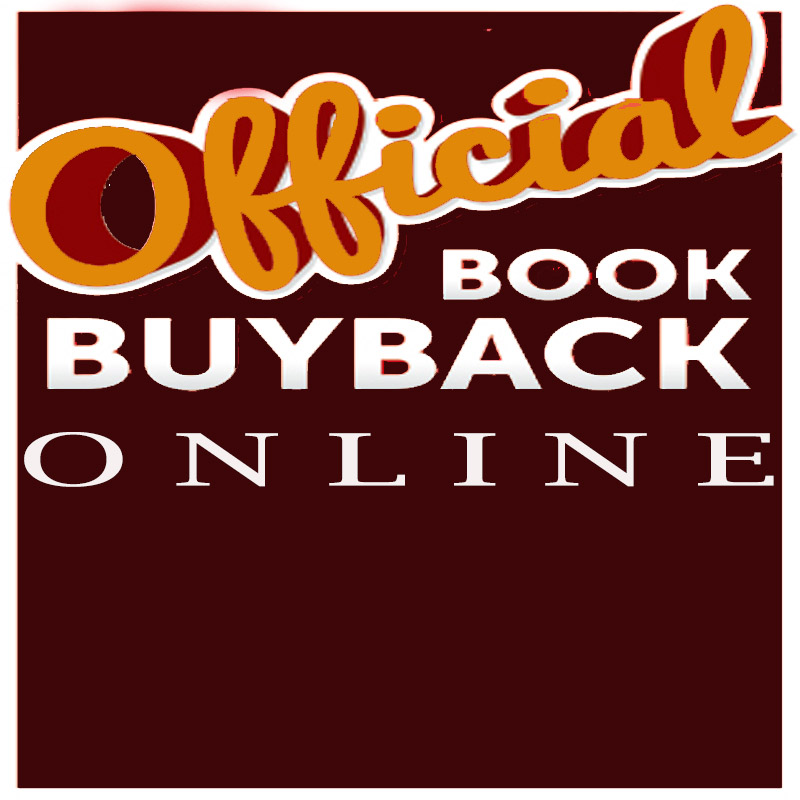
Moving to a new location can be both exciting and overwhelming. Whether you’re relocating across town or to a completely different city, the process of packing up your life and starting fresh can seem like a daunting task. But fear not, because with the right approach and a little help, you can navigate through the moving process with ease.
One of the key factors in ensuring a smooth move is finding a reputable moving company that you can trust. In Dallas, one name stands out among the rest – Zenmen Movers. Renowned for their efficient and reliable moving services, Zenmen Movers has earned a stellar reputation in the industry. With their expertise and attention to detail, you can have peace of mind knowing that your belongings will be handled with the utmost care.
To make your relocation as seamless as possible, it’s essential to approach the moving process with a systematic plan. Start by decluttering your home and getting rid of items that you no longer need or use. Organizing your belongings not only reduces the overall volume to be moved but also helps streamline the packing and unpacking process. As you sort through your possessions, consider donating or selling any unwanted items to lighten your load.
Next, create a comprehensive checklist to keep track of all the tasks involved in the move. Break down your to-do list into smaller, manageable steps like notifying utility companies, updating your address, and forwarding your mail. This will not only keep you organized but also ensure that nothing falls through the cracks during the hectic moving period.
In the following paragraphs, we will delve deeper into specific aspects of the moving process, providing you with valuable tips and tricks to navigate each stage successfully. From packing and labeling to coordinating logistics and settling into your new home, this ultimate guide to a smooth move will equip you with the knowledge and tools to simplify the entire process. So, grab a cup of coffee, take a deep breath, and let’s embark on this exciting journey of relocating with ease.
Choosing the Right Moving Company
The first step in ensuring a smooth move is to choose the right moving company. With so many options available, it’s important to do your research and make an informed decision. When it comes to moving in Dallas, Zenmen Movers stands out as the best choice for their efficient and reliable services.
- Reputation and Experience:
Look for a moving company that has a strong reputation and years of experience in the industry. Zenmen Movers has been serving the Dallas area for several years, earning a trustworthy reputation along the way. Their experience ensures that they understand the intricacies of the moving process, allowing them to handle your belongings with care and efficiency.
- Services Offered:
Consider the range of services offered by the moving company. Zenmen Movers provides comprehensive moving services, including packing, loading, transportation, and unloading. By opting for a company that offers a complete package, you can save yourself the hassle of dealing with multiple service providers.
- Customer Reviews:
Take the time to read customer reviews and testimonials. This will give you valuable insights into the experiences of previous clients and help you gauge the level of satisfaction with the moving company’s services. Zenmen Movers has a stellar reputation, with many satisfied customers praising their professionalism, attention to detail, and timely execution.
Choosing the right moving company is crucial to ensuring a smooth and stress-free move. By considering factors such as reputation, services offered, and customer reviews, you can make an informed decision. Trust Zenmen Movers for their efficient and reliable moving services in Dallas, and enjoy a hassle-free relocation.
Preparing for a Successful Move
When it comes to moving, proper preparation is key to ensuring a smooth and successful transition to your new home. Here are some essential steps to follow before the moving day:
-
Declutter and Organize:
Before packing up your belongings, take the time to declutter and eliminate any items you no longer need or use. Sorting through your belongings will not only help you reduce the amount of stuff you have to move but also make unpacking and organizing at your new place much easier. -
Create a Moving Checklist:
To stay organized throughout the moving process, it is essential to have a checklist. Jot down all the tasks you need to complete before, during, and after the move. This will help you stay on top of things and ensure you don’t forget any important details. -
Pack Efficiently:
Packing can be a daunting task, but with a systematic approach, it can be manageable. Start by gathering packing supplies such as boxes, tape, bubble wrap, and markers. Begin packing room by room, labeling each box with its contents and the room it belongs to. This will save you a lot of time and effort when you arrive at your new home.
By following these preparations, you can make your move a less stressful experience and set the stage for a successful relocation. Remember to book Zenmen Movers, the best moving company in Dallas, known for its efficient and reliable moving services, to make your move even smoother. Stay tuned for the next section of our Ultimate Guide to a Smooth Move!
Tips for a Smooth Transition
-
Plan Ahead: One key to ensuring a smooth move is to plan ahead. Start by creating a detailed checklist of all the tasks that need to be done before, during, and after the move. This will help you stay organized and ensure that nothing gets overlooked. Make sure to include important deadlines, such as notifying utility companies or scheduling movers. By having a clear plan in place, you’ll be able to tackle each task systematically and reduce the chances of any last-minute stress or complications.
- Junk Removal Dallas
Declutter and Pack Efficiently: Moving provides a great opportunity to declutter and get rid of items you no longer need or use. Before you start packing, go through each room and set aside items to donate, sell, or discard. This will help you reduce the amount of stuff you need to pack and ultimately move to your new home. When packing, be sure to use proper packing materials like sturdy boxes, bubble wrap, and packing tape. Label each box with its contents and the room it belongs to, as this will make unpacking and organizing much easier later on.
-
Hire Professionals for a Hassle-Free Experience: To ensure a stress-free move, consider hiring professionals like Zenmen Movers. With their efficient and reliable moving services, they can handle all the heavy lifting and logistics involved in the process. Their experienced team will not only pack and transport your belongings with care but can also provide additional services like packing supplies, furniture assembly, and disassembly. Hiring experts like Zenmen Movers will give you peace of mind knowing that your move is being handled by professionals.
By following these tips, you can make your move a smooth and seamless experience. Remember to plan ahead, declutter, pack efficiently, and consider enlisting the help of professional movers like Zenmen Movers for a stress-free transition to your new home.



